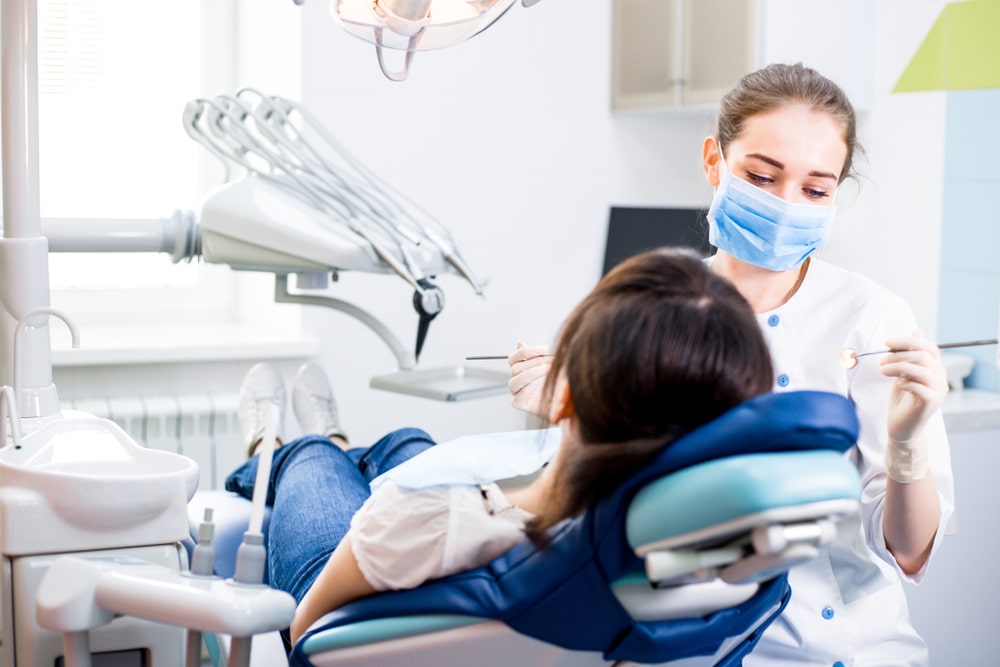Help! You are having trouble opening your mouth all the way. This is causing issues with chewing properly, speaking clearly, and your jaw is painful and tender. You may be experiencing temporomandibular joint disorder (TMJ). Visiting a TMJ neuromuscular dentist in Wexford can help ease your discomfort.
A neuromuscular dentist focuses on the diagnosis and treatment of chronic pain in your upper and lower jaw. Your teeth, facial muscles, and jaw joints work together for opening and closing your mouth, but when they are incorrectly aligned, you may have a problem that requires immediate attention.
What is TMJ?
TMJ is inflammation in the joints around your jaw that causes pain. The temporomandibular joint is like a hinge that allows you to open and close your mouth. When this hinge is malfunctioning, you can experience clicking sounds, periodic locking of your jaw, and a change in the way your teeth align.

Why might you have TMJ
- Joint cartilage damaged because of arthritis
- The articular disk is misaligned
- Joint damage due to impact with something or someone
- Clenching of your teeth often caused by stress
If you play many sports, you might want to consider asking your dentist about customized sports mouthguards in Wexford. This type of mouthguard can help protect your jaw from severe damage. If you sustain an injury to your face while playing sports, this could lead to TMJ problems.
Why are customized sports mouthguards in Wexford the ideal type of mouth protection?
- Secure and comfortable
- Stays in your mouth during contact with someone or something
- No need to bite down for it to stay in your mouth
- Does not impede your breathing or ability to speak
- Protects dental appliances like braces and a fixed bridge
Below are some other reasons you might be unable to open and close your mouth properly.
Excessive chewing
Do you tend to chew a lot of gum, constantly keeping your jaw in constant movement? Excessive chewing can cause your lower jaw to tighten.
Tetanus
A bacterial infection that attacks your nervous system can cause your jaw to lock. You could be at risk for tetanus through a small scratch or deep wound when broken skin has come in contact with a contaminated object like a rusty nail.
Oral exercises can help ease any pain you might feel in your jaw. When you first notice clicking sounds in your jaw, this is a warning sign that you could have a problem related to TMJ. You should visit a dentist as soon as possible to help prevent the intensity of the situation from accelerating.




